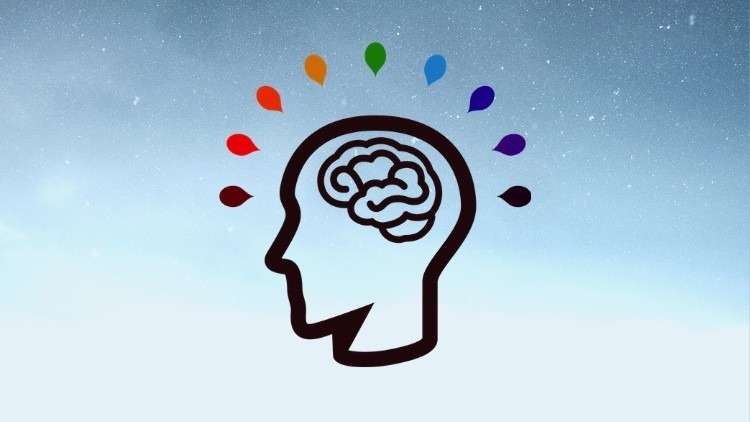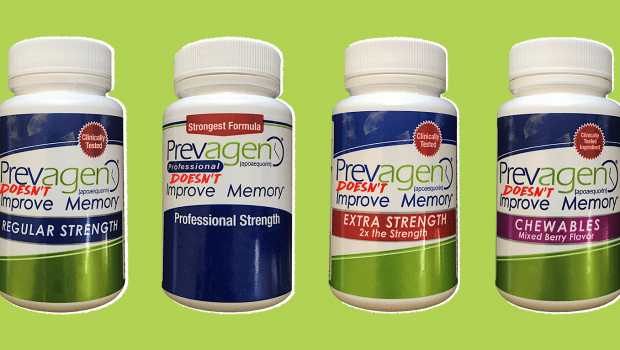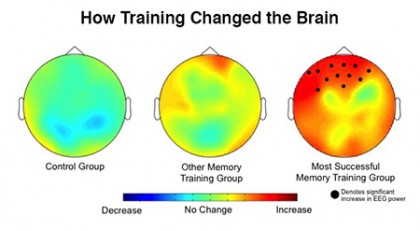Posts Tagged ‘improve-memory’
Fun brain teaser to test your cognitive skills during International Brain Teaser Month
Memory relies mostly on the temporal lobes (see green area) and also the frontal lobes (red), so those are the areas that will get some good neuronal activation when readers raised in the US try to remember the missing words in the American proverbs below. Now, if you were raised outside the US and are…
Read MoreGiven cognitive strengths and needs are diverse, what brain training may work best for each person and under which conditions?
Does ‘Brain Training’ Actually Work? (Scientific American): If there were an app on your phone that could improve your memory, would you try it? Who wouldn’t want a better memory? After all, our recollections are fragile and can be impaired by diseases, injuries, mental health conditions and, most acutely for all of us, aging.
Read MoreAARP, TINA.org and the National Consumers League join forces to challenge Prevagen memory improvement claims
_____ Prevagen Memory Study Falls Short (Truth in Advertising): “In 2011, four years after launching Prevagen, Wisconsin-based Quincy Bioscience embarked on a study to prove that the active ingredient in the supplement — apoaequorin — improves memory. It did not yield the results Quincy was hoping for. In fact, the Madison Memory Study failed to…
Read MoreJohns Hopkins study shows how brain training, if correctly targeted, can enhance cognitive and brain performance
_________________________________________________________________ This training exercise boosts brain power, Johns Hopkins researchers say (Johns Hopkins release) “One of the two brain-training methods most scientists use in research is significantly better in improving memory and attention, Johns Hopkins University researchers found. It also results in more significant changes in brain activity.
Read MoreStudy: To improve brain health you need BOTH aerobic and cognitive exercise
Mental, physical exercises produce distinct brain benefits (Science Daily): “Cognitive brain training improves executive function whereas aerobic activity improves memory, according to new Center for BrainHealth research at The University of Texas at Dallas
Read MoreBusy schedules linked to better memory and cognition among middle-aged and older adults
——- Being Super Busy May* Be Good For Your Brain (Smithsonian Magazine): “There hasn’t been much scientific research on busyness itself, although it’s something that we talk about so often,” explains Sara Festini, a cognitive neuroscientist at the University of Texas at Dallas Center for Vital Longevity, a co-author of the new research published this week
Read More





